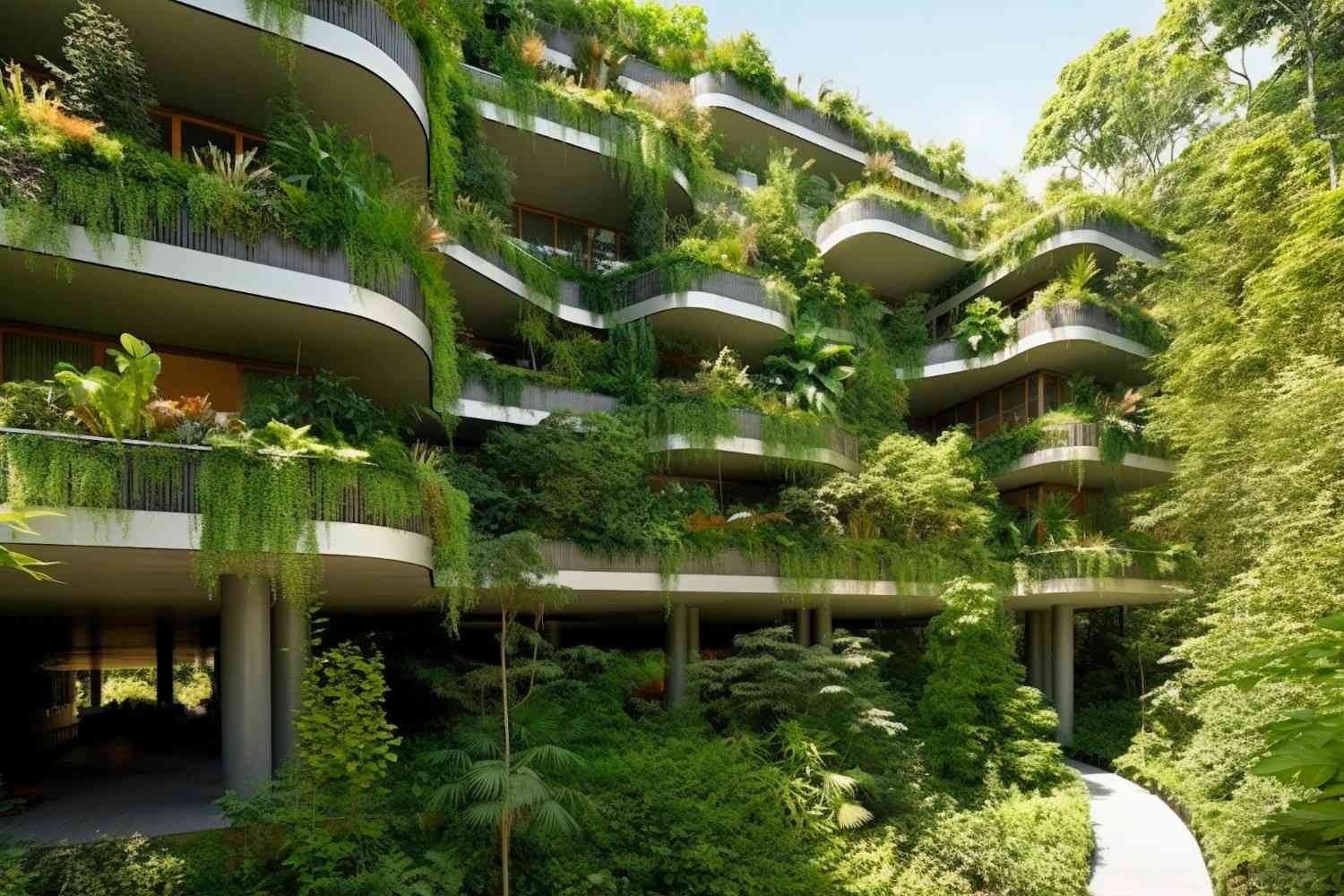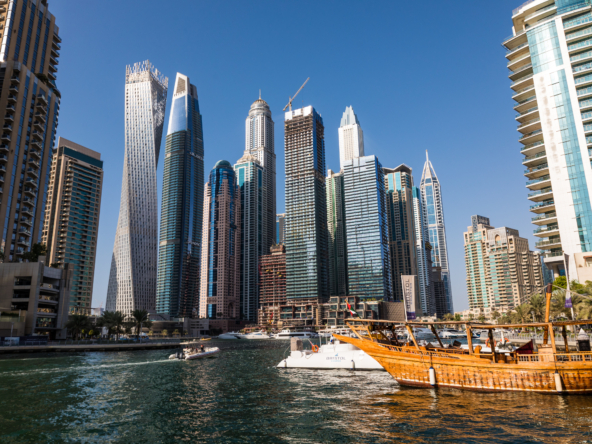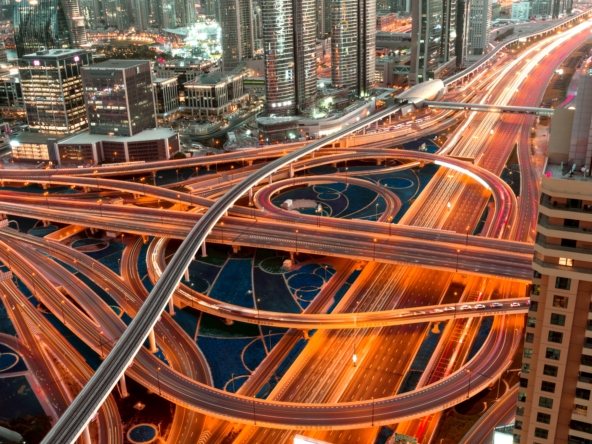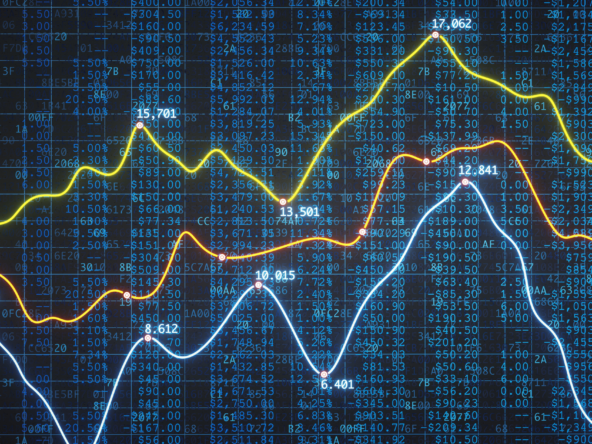Introduction
The Dubai real estate market has long been synonymous with luxury, innovation, and rapid growth. However, in recent years, a new trend is emerging: sustainability. As global attention shifts towards eco-friendly practices and reducing carbon footprints, Dubai is making significant strides in sustainable real estate development. Green building initiatives are not just a response to environmental challenges but are also shaping the future of property investment in the city. For investors looking to tap into a growing and future-proof market, understanding the green building landscape in Dubai is essential.
Why Sustainability is Important in Real Estate
Sustainability in real estate refers to practices that reduce environmental impact while maintaining or improving the quality of life for occupants. This can range from energy-efficient designs, the use of renewable energy, and waste reduction strategies to creating healthier living environments. In the context of Dubai, where rapid urbanization and extreme weather conditions are challenges, sustainable real estate offers solutions that protect the environment, save on energy costs, and appeal to an increasingly eco-conscious market.
Dubai’s Commitment to Green Building
Dubai has set ambitious sustainability goals in line with the UAE’s broader vision for the future. One of the most significant steps is the “Dubai 2040 Urban Master Plan”; which aims to make the city is a global hub for sustainable real estate and living. This plan emphasizes green spaces, resource management, and sustainable urban growth. By 2050, Dubai aims to have 75% of its energy come from clean sources, transforming how real estate developers approach building design and construction. Additionally, the Dubai Green Building Regulations and Specifications, which were introduced in 2014, require all new buildings to meet certain environmental standards. These regulations are mandatory and cover aspects such as energy efficiency, water conservation, and material usage, ensuring that sustainability becomes a core principle in Dubai’s real estate market.
The Role of LEED Certification in Dubai
Leadership in Energy and Environmental Design (LEED) is a globally recognised certification that sets benchmarks for green building practices. Many of Dubai’s top real estate projects now boast LEED certifications, marking them as environmentally responsible and resource-efficient. LEED-certified buildings are not only energy-efficient but also have higher market value and are more attractive to investors and buyers. Key developments such as the Dubai Expo 2020 site, the Dubai Sustainable City, and the new Burj Khalifa District have set standards for incorporating LEED principles into their designs.
Benefits of Investing in Sustainable Real Estate
1. Higher Return on Investment (ROI)
Sustainable buildings often generate higher rental income and resale values compared to traditional properties. Investors are seeing increasing demand for eco-friendly homes and offices, driven by tenants’ desires for lower utility bills and healthier environments. Studies have shown that green-certified buildings typically see 8-10% higher rental yields than their conventional counterparts.
2. Reduced Operational Costs
Green buildings are designed to use less energy and water, reducing overall operational costs for owners and tenants. From solar panels to water-efficient systems, sustainable buildings offer long-term savings on utilities, making them highly attractive for investors looking for lowmaintenance properties with strong profit margins.
3. Government Incentives and Support
Dubai’s government is offering several incentives to promote sustainable development. The “Shams Dubai” initiative encourages building owners to install solar panels, providing financial incentives to reduce the cost of implementation. Furthermore, developers who prioritise green buildings can benefit from expedited approvals and reduced licensing fees.
4. Attracting Eco-Conscious Buyers and Tenants
With environmental concerns becoming a top priority for many, properties that align with sustainability principles are increasingly popular. For corporate tenants, sustainable buildings offer not only cost savings but also align with their corporate social responsibility (CSR) initiatives, making green properties highly sought after.
Success Stories in Dubai’s Sustainable Real Estate
1. The Sustainable City
One of the most iconic developments in Dubai is “The Sustainable City” a 46-hectare mixed-use development that has set new benchmarks for eco-friendly living. It features zero-net- energy homes, community farms, and car-free zones, showcasing what can be achieved when sustainability is placed at the forefront of urban planning. It has been recognized as the “Happiest Community” in Dubai, offering residents a high-quality lifestyle without compromising the environment.
2. Dubai Expo 2020 Sustainability Pavilion
The Sustainability Pavilion, one of the main attractions of Expo 2020, is a marvel of sustainable design. It generates its own power using solar panels, recycles water, and is built using sustainable materials. This pavilion is not only an attraction but also a real-world example of how future developments in Dubai can integrate sustainability at every level of construction and operation.
Future Trends: What’s Next for Sustainable Real Estate in Dubai?
1. Smart Buildings
Dubai is embracing smart technologies to enhance sustainability in its real estate sector. Smart buildings are integrated with advanced energy management systems that monitor and optimize energy usage, reducing waste. These buildings are also equipped with Internet of Things (IoT) devices that allow for remote control of heating, cooling, and lighting systems, further enhancing energy efficiency.
2. Vertical Farming and Green Rooftops
In a city known for its luxury skyscrapers, developers are finding ways to incorporate green spaces into high-rise buildings. Vertical farming, rooftop gardens, and green walls are becoming more common in new developments, providing not only aesthetic appeal but also environmental benefits such as improved air quality and insulation.
3. Circular Economy Practices
Circular economy principles are making their way into Dubai’s construction industry. These principles involve reusing materials, minimizing waste, and designing buildings that can be easily adapted or disassembled. This trend is expected to grow as developers look for ways to reduce the environmental impact of their projects while maximizing long-term value.
How Green Building Initiatives Are Driving the Future of Investment
As sustainability becomes a core value in real estate, investors are increasingly attracted to properties that offer long-term ecological benefits. Green buildings in Dubai are not just a passing trend; they are shaping the future of the real estate market. With rising demand from eco-conscious buyers, governmental support, and technological advancements, sustainable properties represent a solid investment opportunity. Moreover, sustainable real estate aligns with global market trends. As investors seek diversification and stability, Dubai’s green real estate market offers a compelling proposition. Not only does it meet environmental standards, but it also provides a higher return on investment, lower operational costs, and long-term resilience against economic fluctuations.
Conclusion
For investors looking to make smart, future-proof decisions, sustainable real estate in Dubai offers an exceptional opportunity. With the city’s commitment to green initiatives, regulatory support, and increasing demand for eco-friendly properties, now is the time to explore the potential of sustainable investments in Dubai. By tapping into this growing market, investors can not only contribute to a greener future but also secure their financial growth for years to come.




